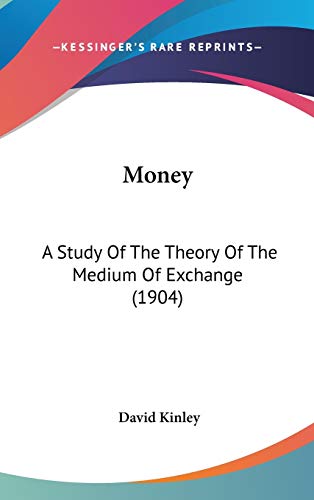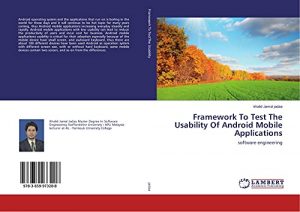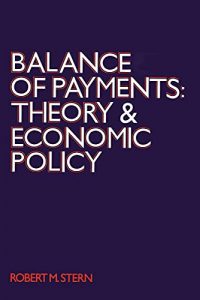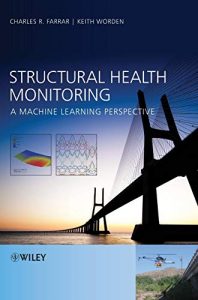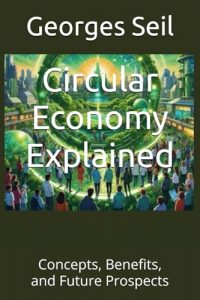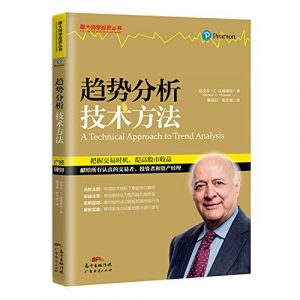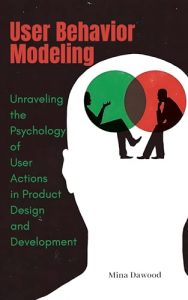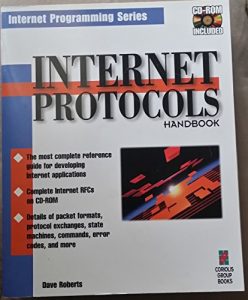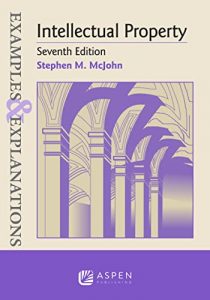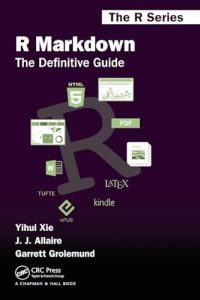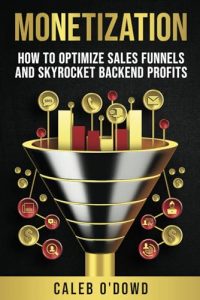1. Money: A Study Of The Theory Of The Medium Of Exchange (1904)
Written by Kinley Lec, this insightful book delves into the fundamental principles that govern the medium of exchange. Published in 2008, it revives essential economic concepts that remain relevant in today’s financial discussions. This study not only provides historical context but also serves as a theoretical foundation for understanding modern monetary systems. Readers will appreciate Lec’s rigorous analysis, making it a must-read for anyone looking to master the intricacies of money management and economic policy.

2. Who Adjusts? Domestic Sources of Foreign Economic Policy during the Interwar Years
Authored by Beth A. Simmons, this enlightening book explores the complex landscape of foreign economic policy during a turbulent era. Simmons combines a wealth of research with accessible writing to reveal how domestic sources influence international economic outcomes. This book is particularly critical for scholars and policymakers alike, as it not only discusses past events but also offers lessons applicable to today’s global economy. Prepare to be drawn into the captivating world of geopolitical economics!

3. The Basics of Foreign Exchange Markets: A Monetary Systems Approach
William D. Gerdes presents an essential guide to understanding how foreign exchange markets function. Published in 2018, this book is well-suited for beginners and seasoned traders alike. With clear explanations and practical insights, Gerdes breaks down the complexities of the global financial environment, making it easier to navigate the interplay of currency values. Readers will gain concrete skills and knowledge that can be applied in real-world trading scenarios. A fantastic resource for anyone involved in international finance.

4. The Origin of the Prolonged Economic Stagnation in Contemporary Japan
Masayuki Otaki analyzes the unique circumstances leading to Japan’s economic stagnation through a historical lens. This book delves into the phenomenon of deflation and the subsequent impact on Japanese firms, providing readers with unparalleled insight into an important economic case study. Otaki’s thorough examination of Japan’s economy will resonate with readers interested in macroeconomic trends and the long-term effects of policy decisions.

5. Money And Currency (1911)
In his 2009 publication, D.W. Ravenscroft revisits essential theories of currency and money principles. This text challenges prevailing financial hypotheses and encourages readers to think critically about the role of currency in the economy. Ravenscroft meticulously connects historical context with modern implications, making this book essential for students of economics wishing to grasp monetary dynamics in a nuanced way.

6. Considerations On The State Of The Currency (1826)
Thomas Tooke’s 2010 reprint of this groundbreaking 1826 work provides insights into the historical debates surrounding currency. This book is an exploration of early economic thought and its influence on modern monetary policy. Tooke’s commentary provides a rich tapestry of ideas that will enlighten anyone studying finance, policy-making, or economic history. Understanding these early theories is crucial for grasping contemporary issues.

7. The Standard Of Value (1882)
William Leighton Jordan’s examination of value theory in economics is essential reading for anyone seeking a deep understanding of monetary standards. This classic text, reprinted in 2009, discusses the evolution of value concepts and their implications for economic stakeholders. This book is particularly valuable for those studying value theory and its applications across different contexts in modern finance.

8. A Wider View of John Maynard Keynes: Beyond the General Theory of Employment
This invaluable work by Joseph R. Cammarosano reevaluates Keynes’s theories with a modern perspective. Published in 2016, it goes beyond traditional interpretations, illustrating Keynes’s ongoing relevance in contemporary economics. Readers will find thought-provoking insights that challenge the status quo while illuminating various facets of Keynes’s impact on economic policy and practice.

9. Appreciation And Interest: A Study Of The Influence Of Monetary Appreciation And Depreciation On The Rate Of Interest (1896)
Irving Fisher’s classic work sheds light on the intricate relationship between currency fluctuations and interest rates. This 2009 edition provides a comprehensive look at how monetary changes affect economic decision-making. Fisher’s analytical approach offers insights still vital to understanding modern finance, making this a valuable read for economists and investors alike.

10. The Standard Of Value (1912)
David Barbour brings forth this insightful analysis that continues to be relevant in financial discussions. Examining the standards of value within an economic context, Barbour encourages readers to contemplate what constitutes value in both historical and contemporary settings. This book serves as a rich resource for those seeking to grasp the complexities of economic theory and its real-world applications.


